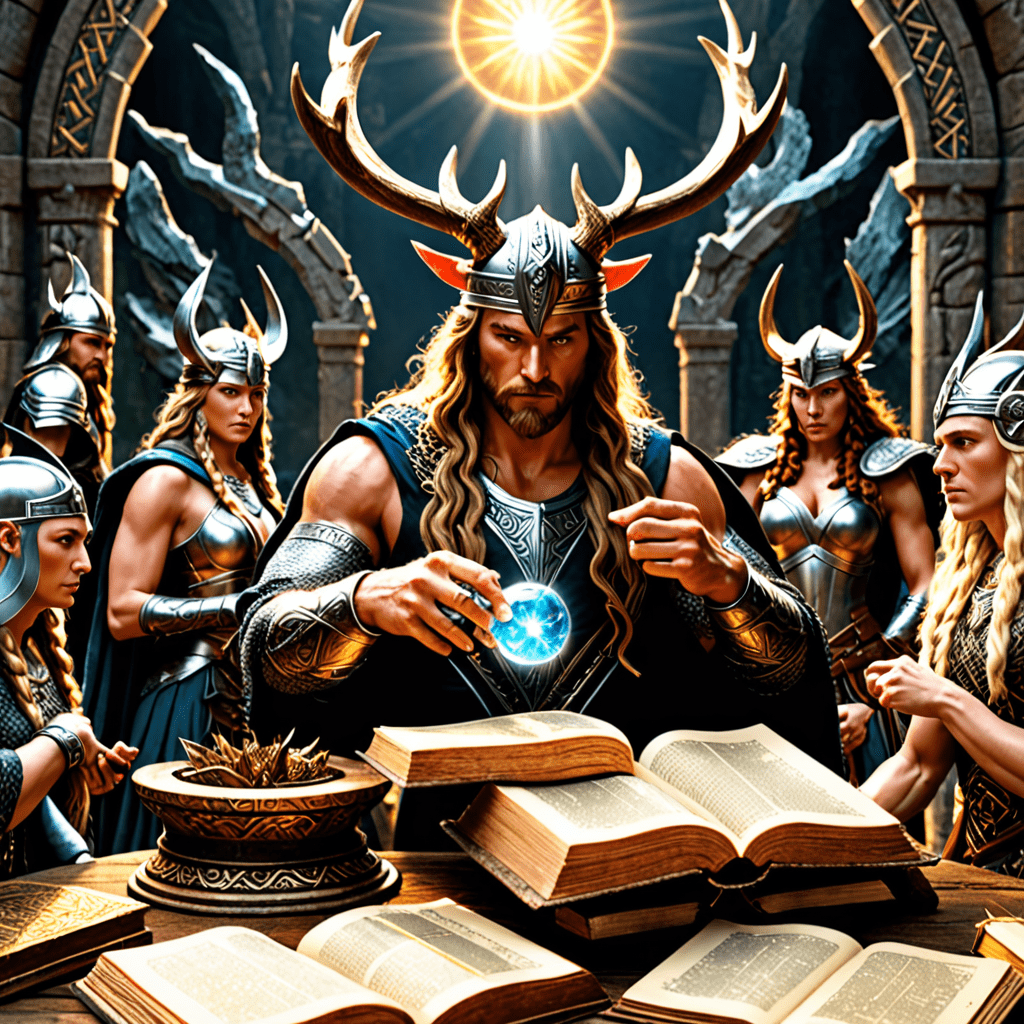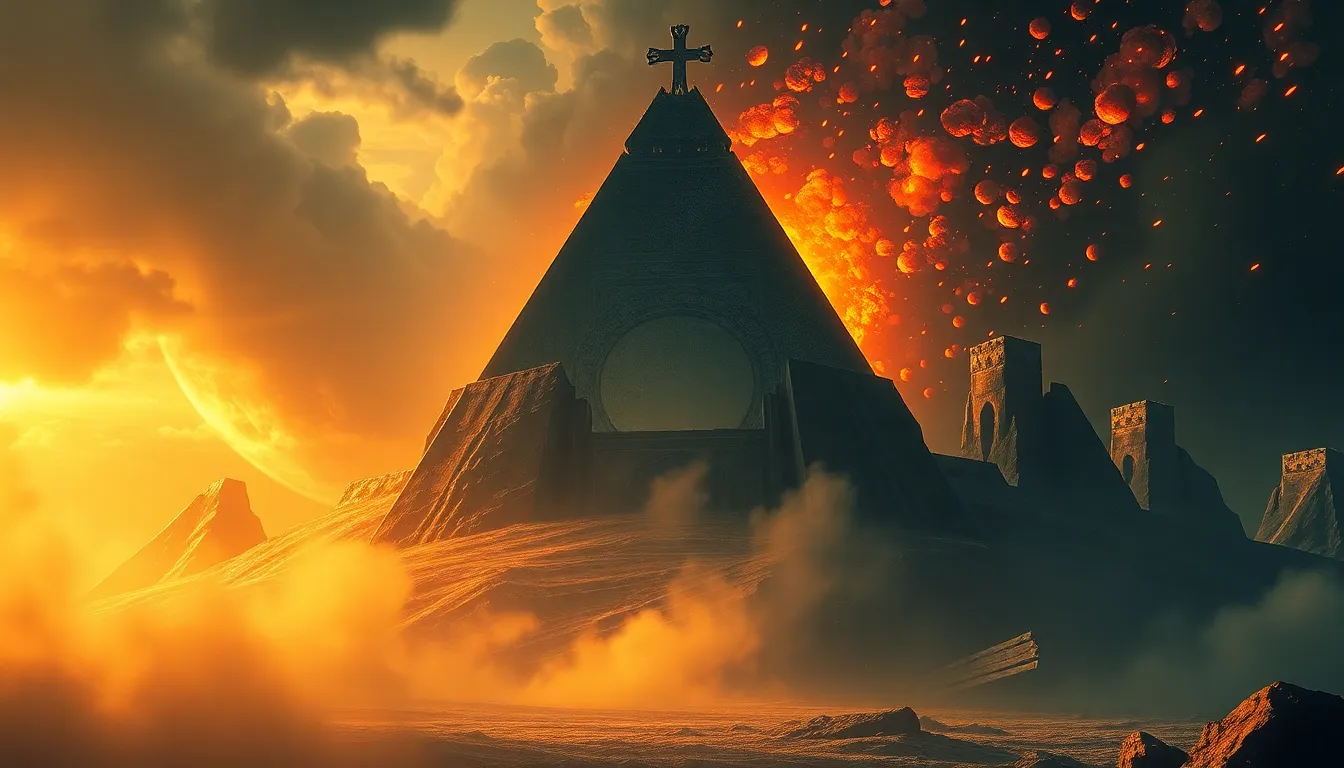The Concept of Knowledge and Wisdom in Norse Mythology
In Norse mythology, knowledge and wisdom hold significant importance, woven into the fabric of the Gods, their actions, and the tales that have been passed down through generations. Let’s explore this pivotal concept in the Norse belief system.
The Importance of Wisdom in Norse Mythology
Wisdom, often personified as an attribute or trait of certain deities like Odin, is revered in Norse mythology. Odin, the Allfather, is a beacon of wisdom in the Norse pantheon, known for sacrificing his eye at the Well of Urd in exchange for the wisdom of the ages. Wisdom, to the Norse, was not just knowledge but the ability to make sound judgments, foresee outcomes, and navigate the complexities of the world.
The Pursuit of Knowledge in Norse Lore
Knowledge, in Norse mythology, was not mere information but a deeper understanding of the cosmos, the realms, and the fate woven by the Norns. The pursuit of knowledge often led heroes on quests for mystical artifacts like Mímir’s severed head that retained great wisdom or the runes that held secret powers. The acquisition of knowledge was seen as a path to unraveling mysteries and gaining insights into the workings of the universe.
The Wisdom of the Skalds and Seers
Besides the Gods, wisdom was also embodied in the skalds and seers of Norse society. Skalds were poets and storytellers who preserved the lore of the past and recounted tales of heroism, sacrifice, and fate. Seers, gifted with foresight and prophetic visions, provided invaluable counsel to rulers and leaders, interpreting omens and guiding decisions based on their deep understanding of the threads of destiny.
The Legacy of Knowledge and Wisdom
The legacy of knowledge and wisdom in Norse mythology transcends mere scholarly pursuits; it underpins the very survival and dynamics of the cosmos. Through sagas, poems, and allegories, the Norse conveyed the eternal struggle between ignorance and enlightenment, folly and sagacity. Understanding the concept of knowledge and wisdom in Norse mythology enables us to grasp the essence of a world where insight and acumen were revered as much as courage and strength.
FAQ about The Concept of Knowledge and Wisdom in Norse Mythology
What role do knowledge and wisdom play in Norse mythology?
Knowledge and wisdom are highly revered in Norse mythology. Odin, the chief god, is the god of wisdom, knowledge, and learning. He constantly seeks knowledge, sacrificing an eye at Mímir’s Well to gain wisdom.
How is knowledge symbolized in Norse mythology?
Knowledge is symbolized by runes, ancient Norse symbols used for magic and divination. The most knowledgeable beings in Norse mythology, like Odin and the Norns, are closely associated with runes.
What is the significance of wisdom in Norse mythology?
Wisdom holds immense importance in Norse culture, as it is believed to bring insight, foresight, and the ability to make sound decisions. It is often associated with age, experience, and the ability to understand the deeper mysteries of the cosmos.
Who are the wisest beings in Norse mythology?
Apart from Odin, other wise beings include Mímir, a being who guards the Well of Wisdom; the Norns, female beings who control destiny; and the Valkyries, who possess both wisdom and strength in battle.



